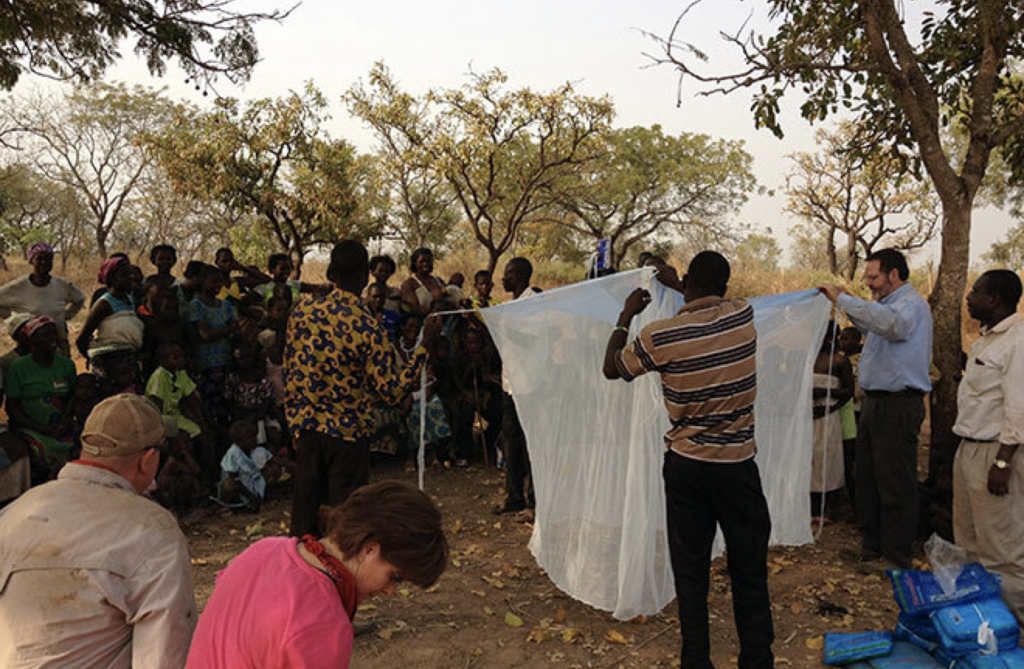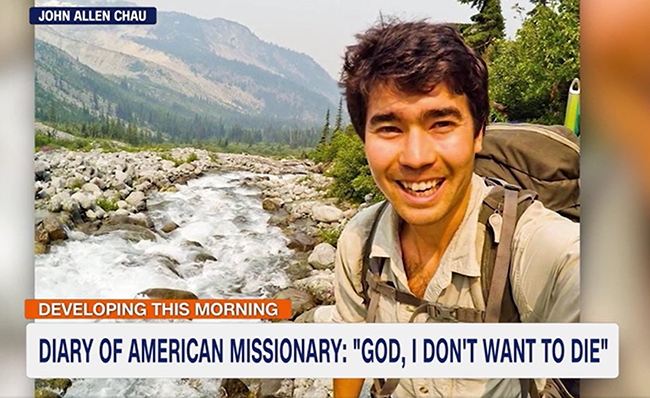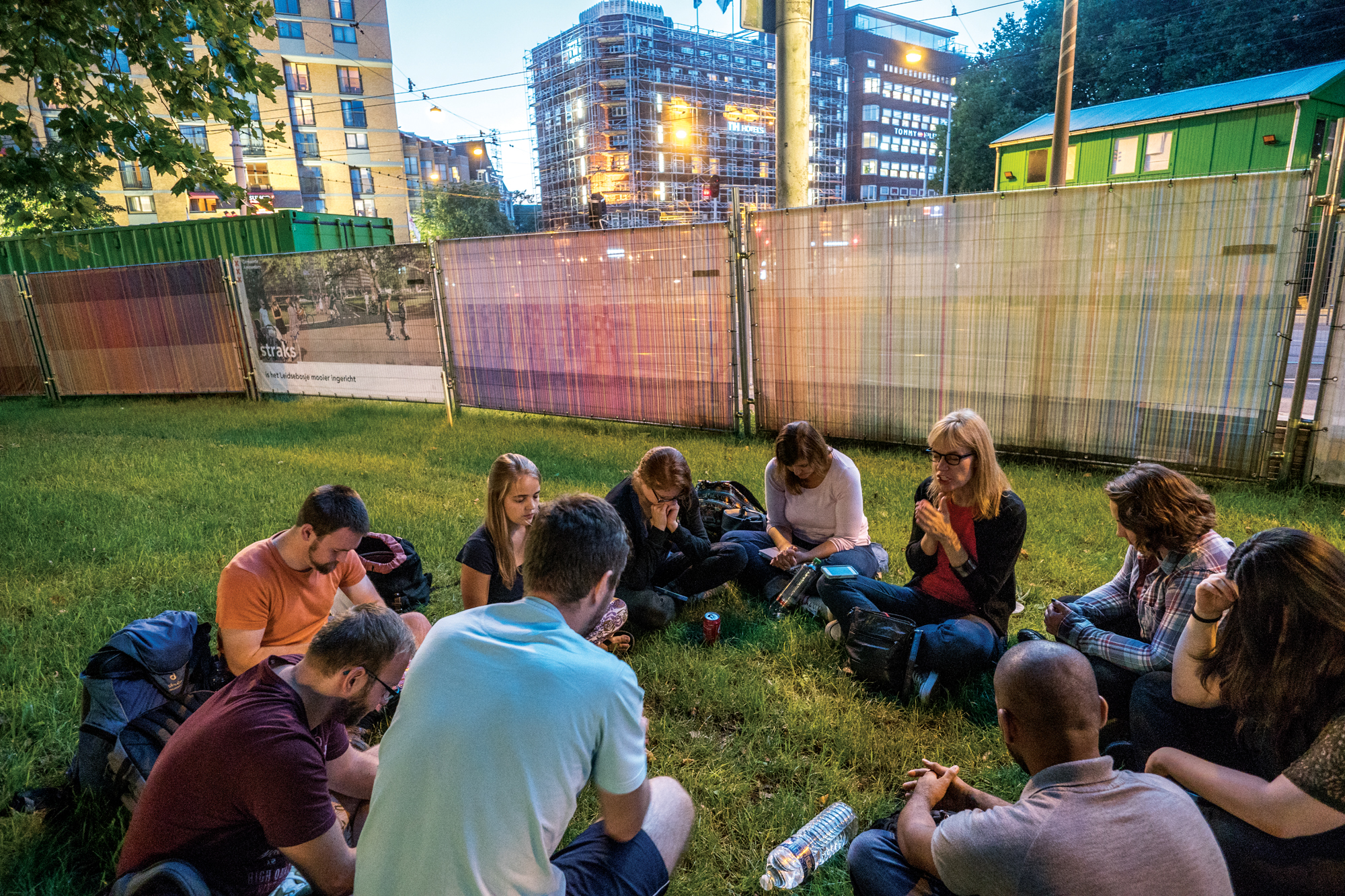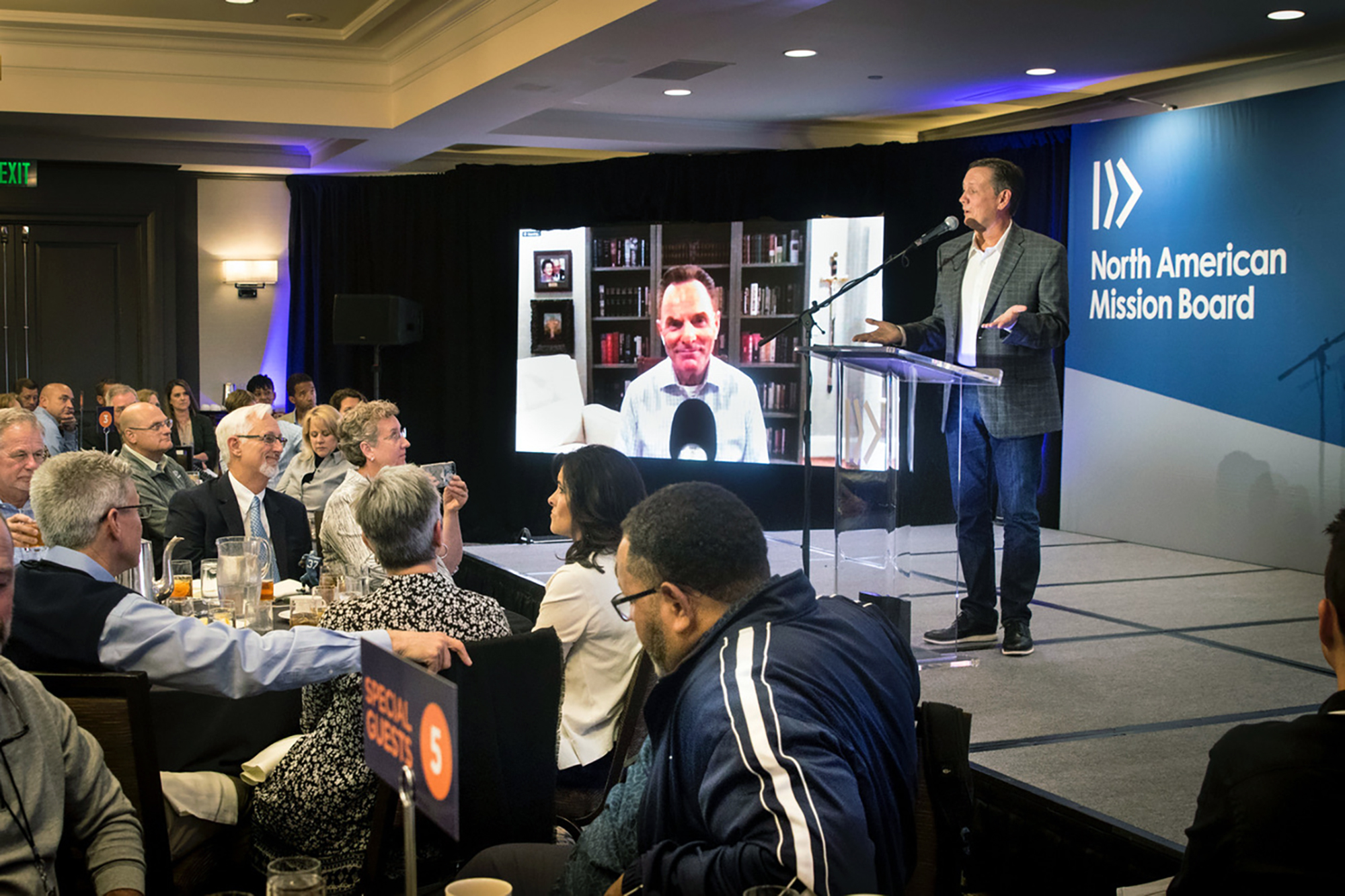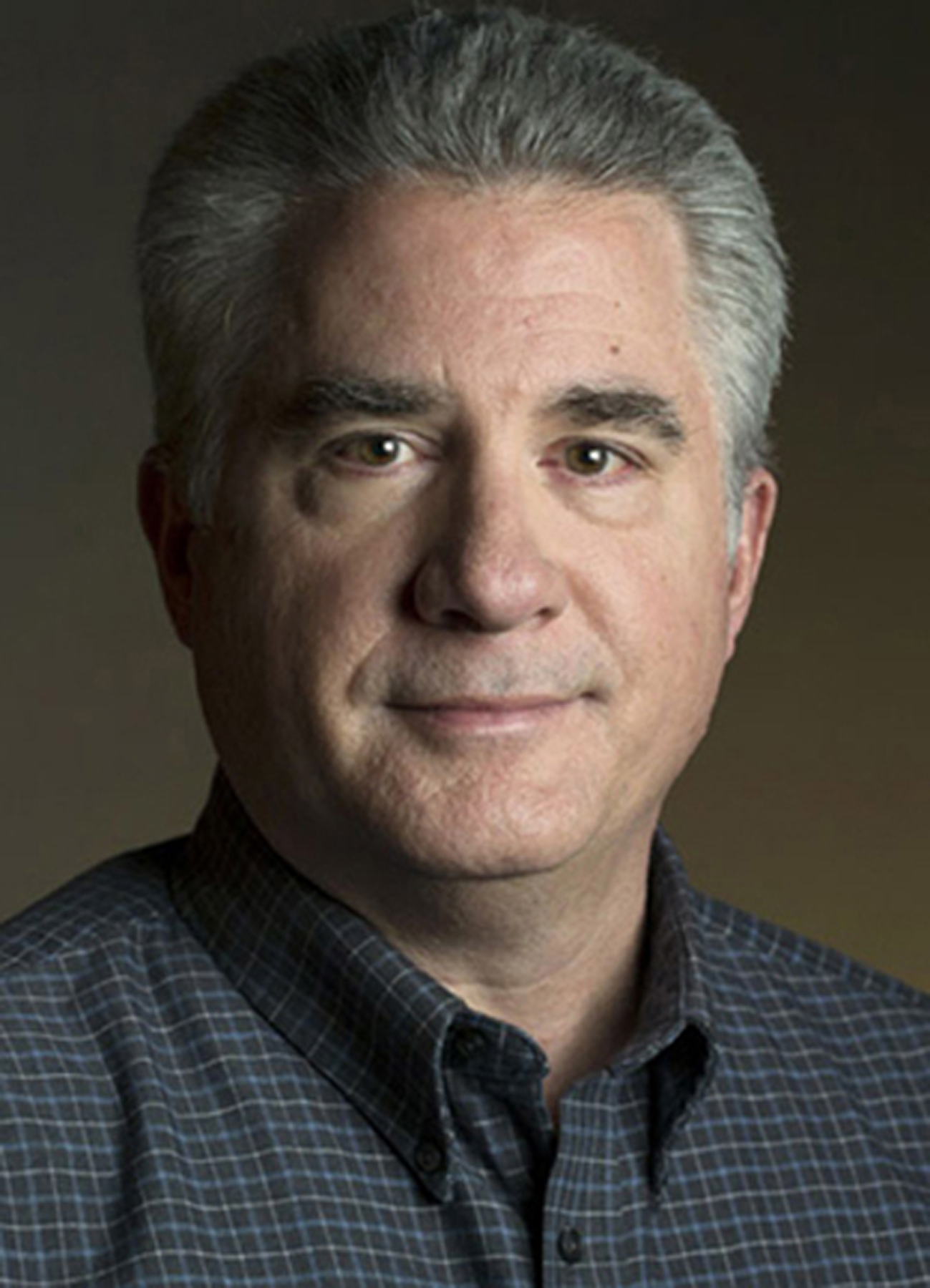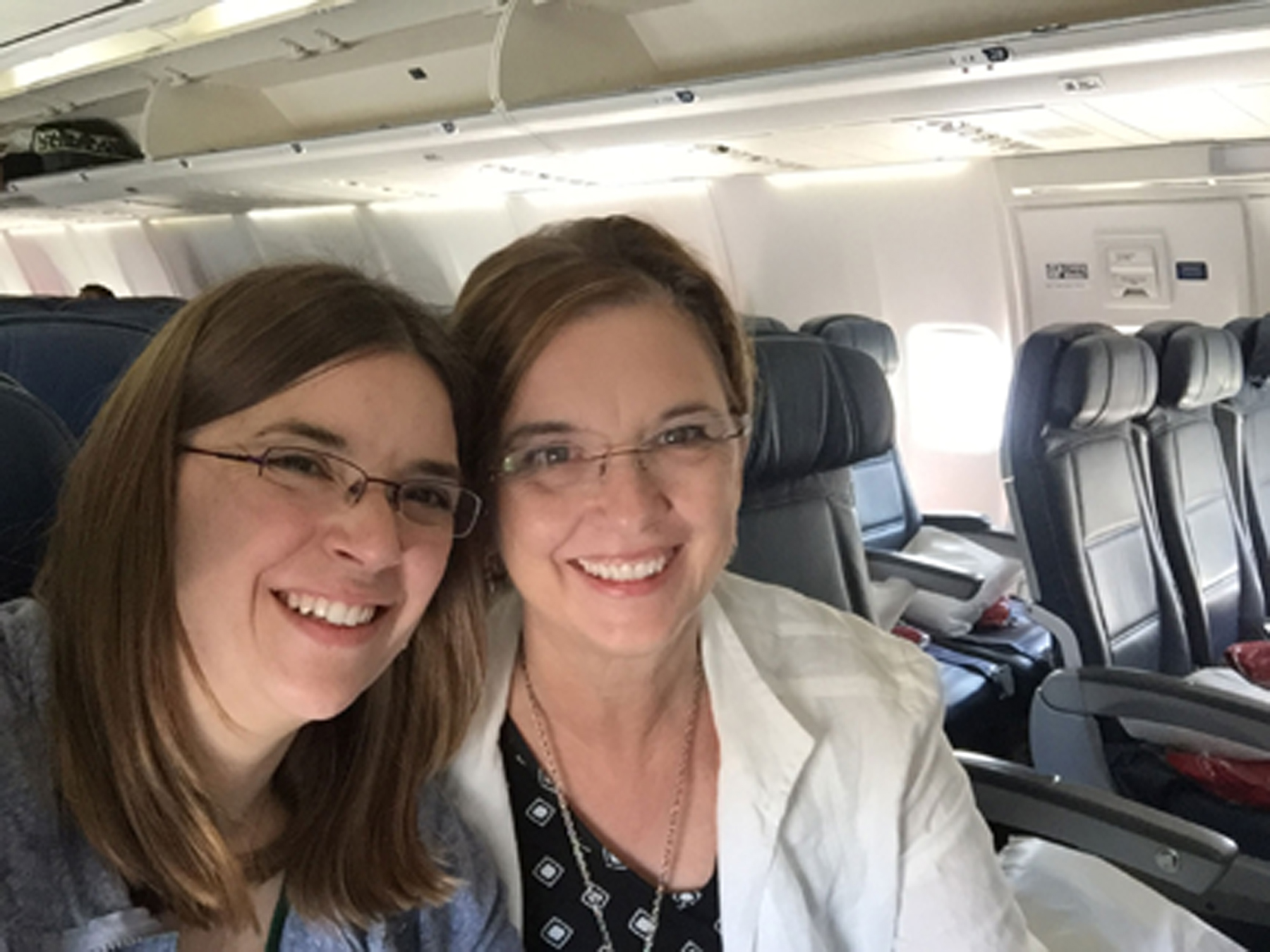
HENRICO, Va. (BP) – In its ninth year, a partnership between the Baptist General Association of Virginia (BGAV) and the Ghana Baptist Convention is looking to decrease the number of malaria cases even more while increasing the number of church plants.
More Than Nets began as a multi-year partnership between the two Baptist groups in 2013 – a couple of years after BGAV leaders visited Ghana to determine the country’s most pressing physical need.
“In 2010 our executive director, John Upton, came to the Mission Development staff and challenged us,” said Dean Miller, BGAV Mission Development staff coordinator. “He wanted us to find an area of the world where Virginia Baptists could have a strategic, sustained focus. Our team kept watch for what God would bring forward.”
Over the next several months, several unrelated conversations and situations pointed toward Ghana. In discussions with the Ghana Baptist Convention (GBC), the town and municipal district of Yendi kept appearing. The work of one pastor, Emmanuel Mustapha, also accompanied those discussions.
“Church planting is his heartbeat,” Miller said. “He’s planted over 2,000 churches in the past 10 years. The BGAV has had a part in planting approximately 450 of those churches.”
Each year more than 400,000 people worldwide die from malaria, according to the World Health Organization’s (WHO) 2020 report. Since starting the More Than Nets initiative in 2013, BGAV churches have provided 100,000 chemically-treated nets to 400 villages, leading to a 43 percent decline in malaria cases and saving more than 200,000 lives.
Approximately 650 churches and individuals have taken part over the years, Miller said, with about 30 congregations sending volunteers to help with distribution as well as church planting, evangelism and baptisms. Events such as World Malaria Day, recognized on April 25, provided additional motivation and a reminder to contribute.
Early in 2020, Phase I of the agreement officially came to an end when the goal was met of distributing 100,000 nets. Through a joint effort, Mustapha and the government had determined that figure a sufficient number of nets for the Yendi region when accounting for those sharing one, such as married couples or siblings.
Phase II began last summer and reflected a more direct turn toward church planting, something that had been taking place all along. Local church planters trained by Mustapha and the GBC fanned out throughout the villages and communities, making contact with local chiefs and officials to ask if they could distribute mosquito nets but also plant churches. Pastors for those new churches are from the area and mentored by a core group of church planters under Mustapha.
“It was a pretty amazing process,” Miller said. “Sometimes the nets would be distributed first and then the church established, but sometimes the church came first. It just depended on the area.”
Among approximately 454 communities in Yendi, 145 have an existing church. It is the goal of the BGAV, Mustapha and the GBC to see those 309 remaining villages get a church.
Net distribution met a physical need and provided the opening to establish a church. Mustapha has told Virginia Baptists he plans on planting 2,000 more churches over the next seven years, stretching from northern Ghana into Burkina Faso and Togo.
“The physical impact of this can be seen in those hundreds of thousands of individuals sleeping safely under a mosquito net,” Miller said. “Spiritually, we’ve seen probably over 7,000 people come to know Christ because of this work. Virginia Baptists were there to baptize around 2,000 of them over the years.”
He further pointed to the relationships built through the partnership with church planters, leaders and communities.
“Those have been pretty meaningful. I know that whenever I get to go back there, I get to see a church we helped plant,” Miller said.
“I get to speak with that pastor and the people. I get to see the work and joy on their faces and come back strengthened, renewed and hopeful.”
